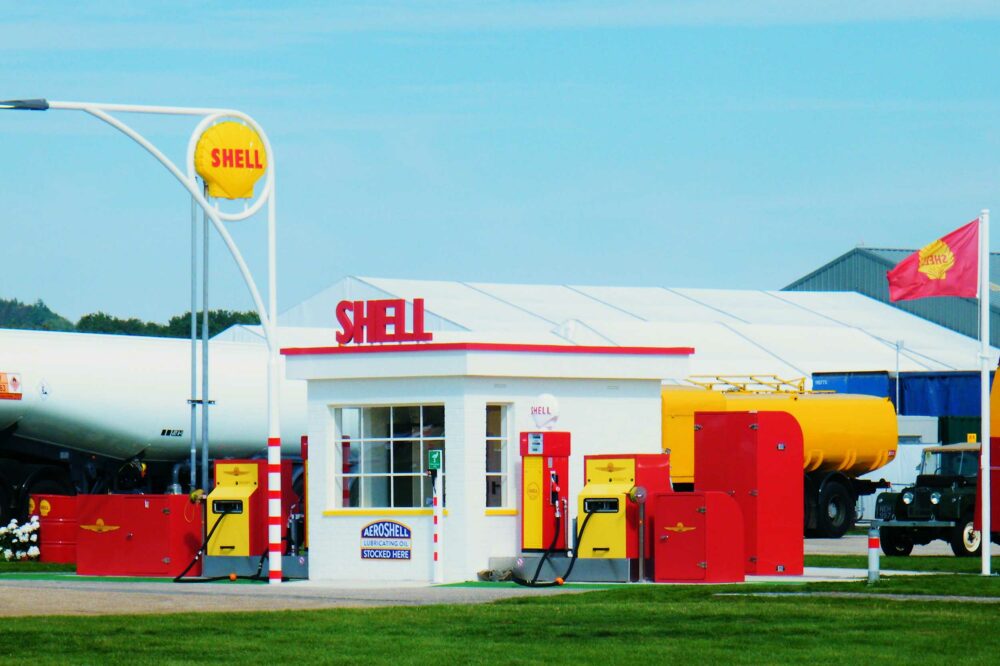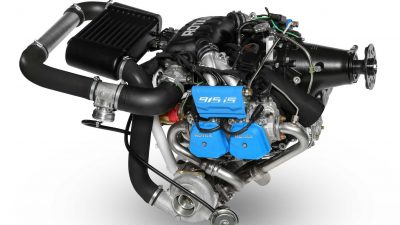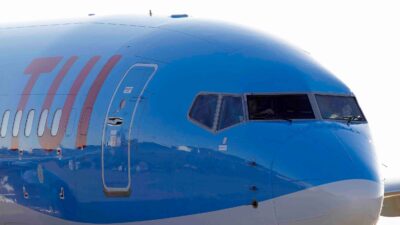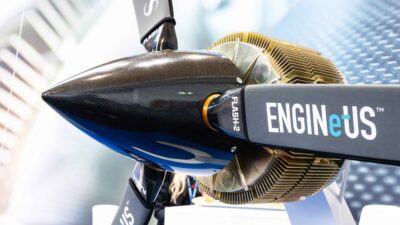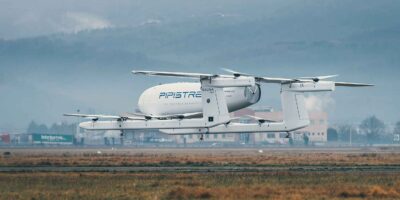Shell Aviation has launched what it calls “a new lifecycle sustainability approach” for its AeroShell aviation lubricants to avoid, reduce and then compensate for lifecycle carbon emissions.
The new lifecycle sustainability approach will be included as standard across the full AeroShell product range, including turbine engine oils (TEOs), piston engine oils (PEOs), greases and fluids, for both the commercial airline and General Aviation markets.
Vincent Begon, General Manager Aviation Lubricants, Shell Aviation, said, “While SAF (Sustainable Aviation Fuel) and fuel efficiency are rightly highlighted as key levers to decarbonise aviation, for the aviation sector to reach net zero it must address emissions from all aspects of aircraft operations.
“This means lubricants too, even if they do represent a small proportion of aviation emissions when compared to jet fuel.
“The fundamentals of lubricants mean that they are challenging to decarbonise, so a lot of effort has gone into developing this new proposition, including working with Original Equipment Manufacturers (OEMs), distributors and other key players across the lubricants industry.”
The initiative is supported by Pilatus Aircraft. Dr Urs Thomann, Director Technologies at the Swiss manufacturer, said, “Shell has a strong track record of developing lubricants that deliver on safety and performance, so it is fantastic to see them continue to push the boundaries of the lubricants market, this time in the name of decarbonisation.”
The measures include:
- Increasing the use of re-refined base oils
- Using more recycled content in our product plastic packaging
- Taking out over 55 KTonnes CO2e from global lubricants operations
- Over 50% of the electricity imported to Shell Global Lube Oil Blending Plants (LOBPs) now coming directly from renewable sources through the installation of solar PV panels and green power contracts, or indirectly using renewable energy credits (RECs)
- Installing solar PV panels at 11 lubricant blending plants, resulting in the avoidance of GHG emissions of over 6,000 tonnes CO2e per year
- Optimising delivery networks to reduce road transport by 1.3 million miles since 2021.
Shell Aviation


